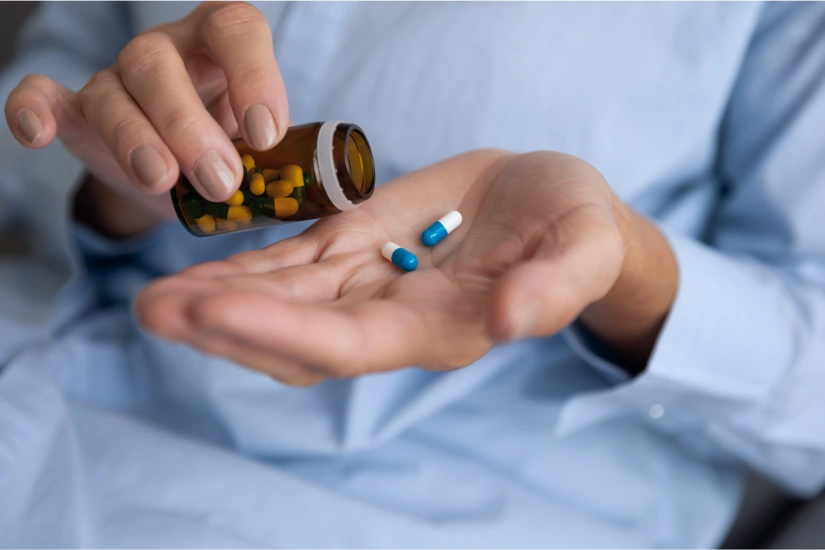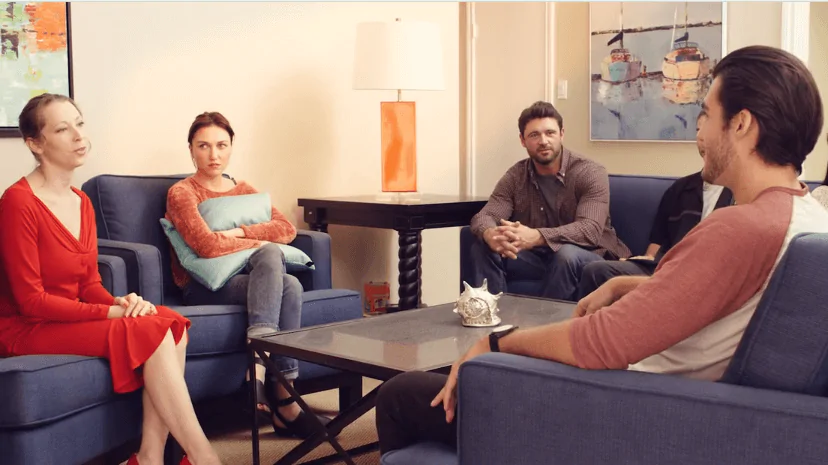24/7 Helpline:
(866) 899-221924/7 Helpline:
(866) 899-2219
Learn more about Dual Diagnosis Rehab centers in Prince George
Dual Diagnosis Rehab in Other Cities
Other Categories in Prince George

Other Insurance Options

Magellan

Cigna

Holman Group

BHS | Behavioral Health Systems

PHCS Network

Highmark

Sliding scale payment assistance

Health Net

Self-pay options

UMR

Health Partners

Optum

EmblemHealth

UnitedHealth Group

Horizon Healthcare Service

Magellan Health

Evernorth

WellCare Health Plans

Access to Recovery (ATR) Voucher

AllWell












Community Services Board – Prince George Counseling
Community Services Board - Prince George Counseling Services offers outpatient treatment for adults ...


